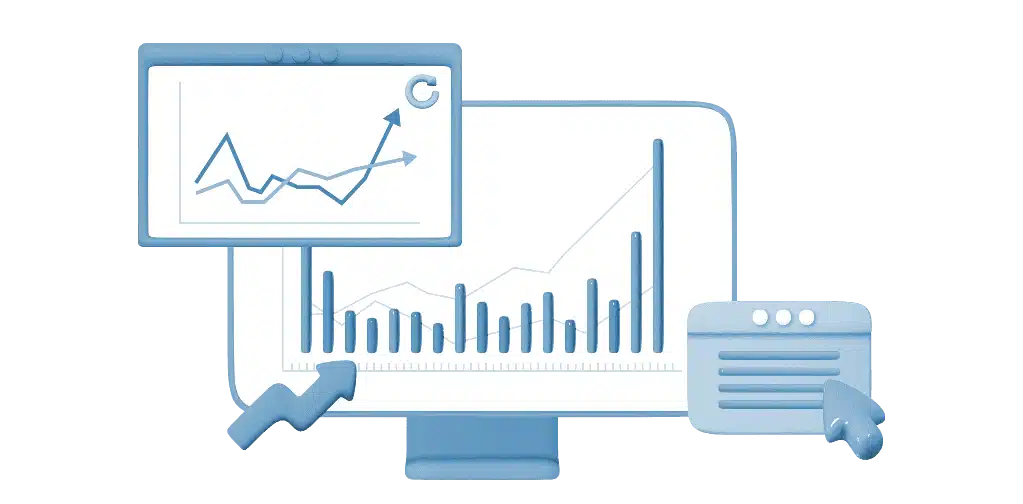The Role of Artificial Intelligence in Modern Trading Strategies
In recent years, the financial landscape has witnessed a paradigm shift with the integration of artificial intelligence (AI) into trading strategies. AI, particularly machine learning and deep learning algorithms, has become an indispensable tool for traders and investment firms seeking a competitive edge in the dynamic and fast-paced world of financial markets.
Understanding AI in Trading
Artificial intelligence in trading involves the use of algorithms that can analyze vast amounts of historical and real-time market data to identify patterns, trends, and potential trading opportunities. Unlike traditional trading methods, AI systems can process information at speeds incomprehensible to human traders and adapt to changing market conditions in real time.
Machine Learning Applications
Machine learning, a subset of AI, plays a crucial role in the development of predictive models for trading. These models learn from historical data and continuously refine their strategies, enabling traders to make more informed decisions. Common machine learning techniques in trading include regression analysis, clustering, and neural networks.
High-Frequency Trading
One notable application of AI in modern trading is high-frequency trading (HFT). HFT relies on complex algorithms and powerful computing systems to execute a large number of orders at extremely high speeds. The goal is to capitalize on small price discrepancies that may only exist for fractions of a second.
Risk Management and Fraud Detection
AI is also instrumental in enhancing risk management and fraud detection in trading. AI systems can assess market conditions and automatically adjust trading strategies to minimize risk. Additionally, these systems can detect irregularities or potential fraudulent activities, providing an added layer of security in financial markets.
Challenges and Ethical Considerations
While the benefits of AI in trading are evident, challenges and ethical considerations persist. The rapid pace of algorithmic trading, for instance, has raised concerns about market stability and the potential for cascading effects in the event of a malfunction or erroneous trade execution. Striking a balance between innovation and market integrity remains a continuous challenge for regulatory bodies.
In conclusion, the role of artificial intelligence in modern trading strategies is transformative. From enhancing decision-making processes to enabling high-frequency trading and improving risk management, AI has become a cornerstone in the evolution of financial markets.
